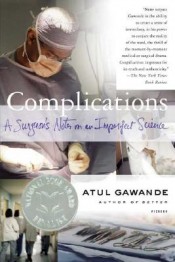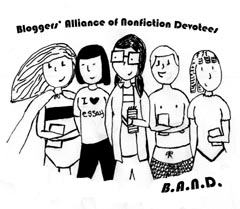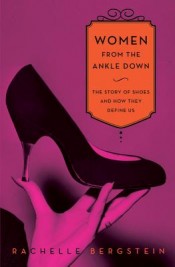This post is part of An Unconventional Blog Tour, the brainchild of Kelly (Stacked) and Liz (A Chair, a Fireplace and a Tea Cozy). Throughout the week, bloggers have tackled blogging topics related to ethics, politics and practices through their own experiences and backgrounds with those topics. You can find links to all of the other awesome posts over at Stacked. I’m honored and excited to be part of the tour.
As I’ve mentioned in passing a few times before, in my “real life” I work as a newspaper editor at a small, weekly community newspaper in rural Minnesota. Before taking this job, I studied English and journalism at a small liberal arts college, and went on to get a master’s in journalism at the University of Wisconsin-Madison.
The journalism theory class I took in Madison that impacted me most as a journalist and a blogger was an ethics course called Ethics on the Digital Frontier. During the class, we looked at principles of ethics generally and journalism ethics specifically, then tried to apply those principles to the real-world issues that are emerging as communication — both professional and personal — moves online.
I took the class right around the time the Federal Trade Commission released their revised Guides Concerning the Use of Endorsements in Advertising, which was great fodder for class discussion. If you don’t remember, those rules said, in part, that,
while decisions will be reached on a case-by-case basis, the post of a blogger who receives cash or in-kind payment to review a product is considered an endorsement. Thus, bloggers who make an endorsement must disclose the material connections they share with the seller of the product or service.
Because I was both frustrated and concerned by the issues the revised FTC Guides raised, I did a couple of papers for this ethics class looking at the intersection of blogging and journalism ethics, specifically the issues of objectivity and transparency. (I even wrote about the project here on the blog, and solicited some feedback on the FTC Guides for my final paper).
Anyway, that’s a long-ish way of getting around to introducing the topic I’m writing about for the blog tour — objectivity versus transparency, and what guidance those two ethics might be able to offer book bloggers as we go about our day-to-day blogging habits or face bigger ethical questions. I know it’s a little more abstract than some of the other topics on the tour, but I hope you’ll stick with me!
Also, I haven’t done a ton citing sources in the main part of this piece (other than direct quotes) because most of this information came from books or articles that aren’t easily linked to online. But, I do have a references section at the end if you want to learn more.







